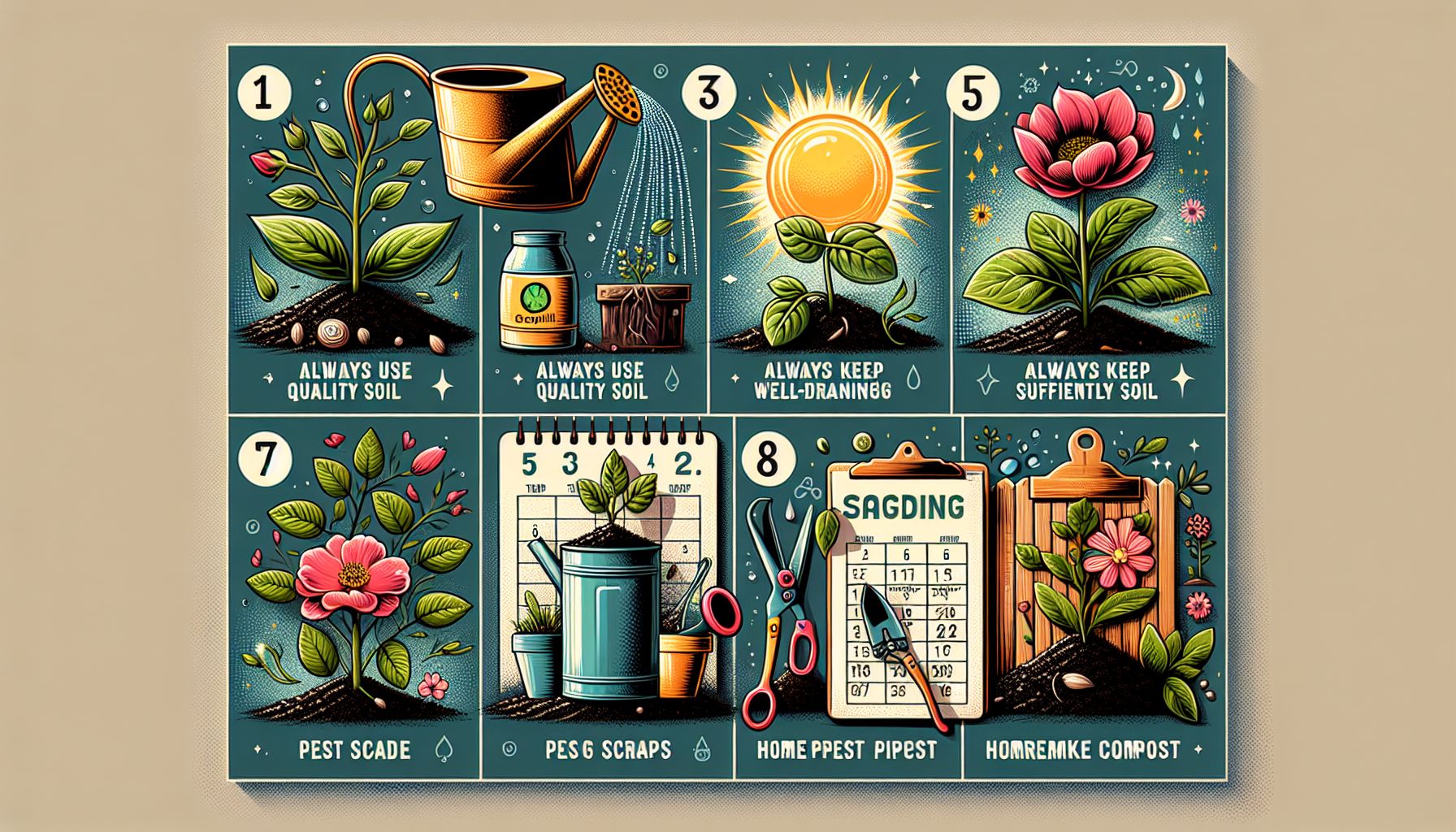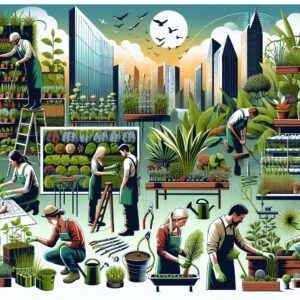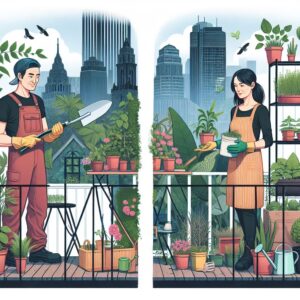Gardening is a beautiful, rewarding hobby that can bring joy to anyone, whether they have a green thumb or not. However, in order to get the most out of our garden, some knowledge and understanding are necessary. After all, we’re working with living entities that need care and attention. This blog post aims to provide essential tips for those who embrace urban gardening or simply love gardening in their backyard. Let’s dive into the wonderful world of gardening and explore some professional, trustworthy gardening ideas.
The Actual Groundwork
Before you put your gardening gloves on, it’s important to have a plan. What kind of plants do you want to grow? How much space do you have? Each plant has different needs and knowing these beforehand will save you a lot of hassle down the line.
Start by familiarizing yourself with the characteristics of the plants you want to grow. Understand their sunlight requirements, the optimal soil pH, watering frequencies, and their compatibility with other plants, if any. Gardening is just as much about learning as it is about doing. Your plants will thank you for it!
Soil and Nutrient Management
Regardless of how good your gardening ideas are, nothing will come to fruition without healthy soil. For healthy growth, plants need nutrients which they derive mostly from the soil. Start by taking a sample of your soil to a local extension office for testing. The results will reveal the nutrient content and pH levels of your soil, which are critical for plant health.
Add organic matter or compost to your soil. Organic matter improves the structure of the soil, enhances the nutrient content, and promotes the growth of beneficial microorganisms.
Wise Watering
Watering is one of the most critical aspects of gardening. The key to watering your plants is to do it wisely. Never water your plants too frequently as this can lead to waterlogging and, in turn, promote diseases. Most plants prefer moist, well-drained soil.
A best practice is to water your plants early in the morning before the sun is up, to reduce evaporation and ensure that your plants are well-equipped to handle the heat of the day.
Pest and Disease Control
No matter how carefully we maintain our gardens, pests and diseases will inevitably strike. Some common pests include aphids, slugs, and caterpillars, while common diseases include mildews and molds. It’s crucial to detect and treat these problems early before they can cause significant damage.
Opt for natural deterrents if possible, such as ‘companion planting’, where specific plants are grown together because they naturally repel certain pests. The use of natural predators, like birds and certain insects, can also help.
Pruning
Pruning involves the removal of dead or overgrown branches or stems to promote healthy growth. It enables light and air to reach all parts of the plant, decreases the risk of disease, and allows the plant to focus its energy on new growth. Use a sharp, clean tool for pruning, to prevent causing unnecessary harm to your plants.
Embrace Vertical Gardening
If you’re an urban gardener with limited space, vertical gardening might be ideal. Vertical gardening involves growing plants on a vertically suspended panel by using hydroponics. It not only saves space but also adds an aesthetic element to your walls.
Patience is a Virtue
Gardening is a long-term commitment and having patience is key. Plants are living things and they need time to grow and flourish. Enjoy the process and take pride in the small progresses that your plants make.
Conclusion
Gardening is a skill that takes time and patience to master. These gardening ideas and tips are here to guide you towards creating your ideal garden. Whether you’re into urban gardening or prefer getting your hands dirty in your backyard, there’s nothing more rewarding than seeing your plants thrive and grow. Happy gardening!




